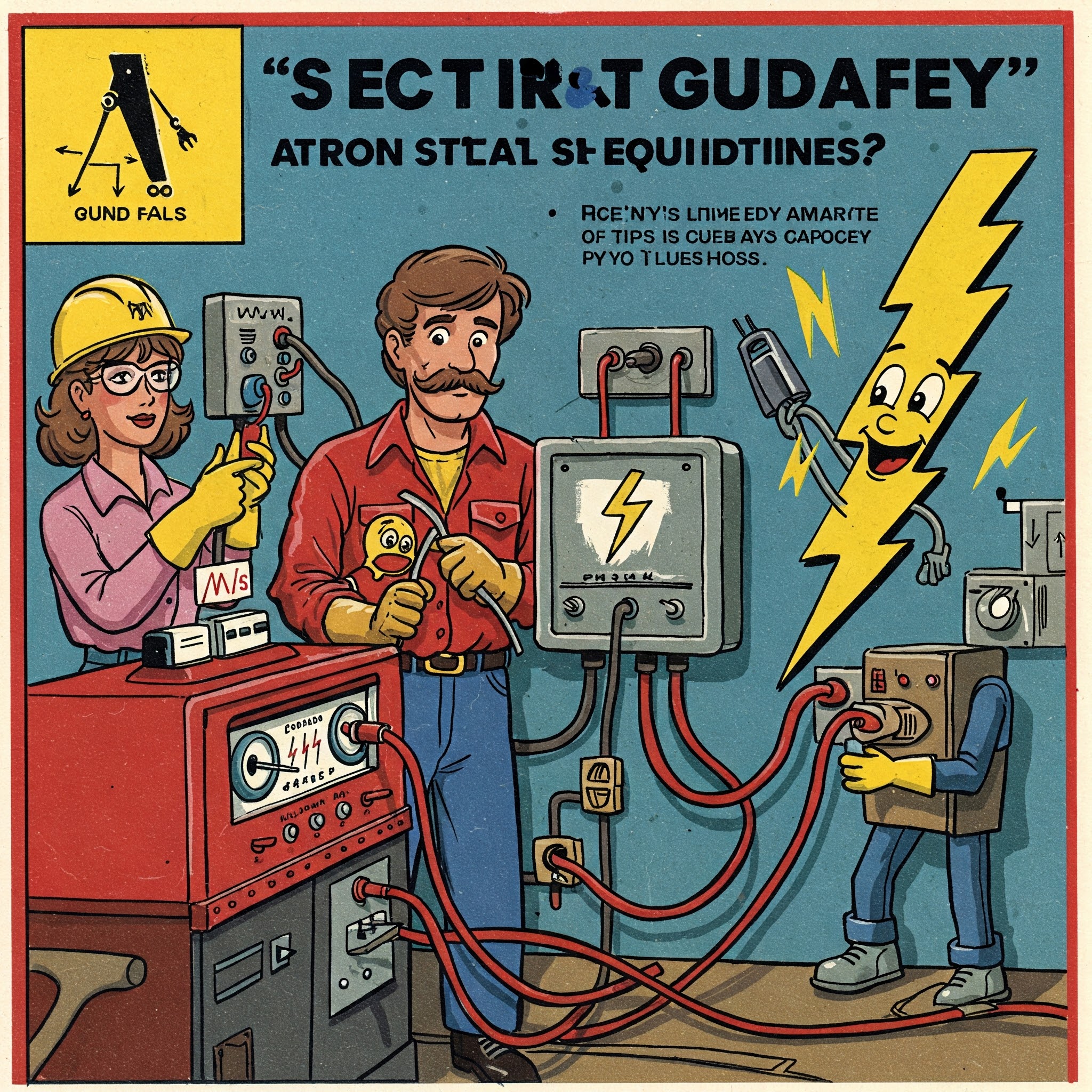Electrical Safety

About Course
Overview:
This course provides essential knowledge about electrical safety standards and practices as outlined by the Occupational Safety and Health Administration (OSHA). It is designed for employees, supervisors, and safety professionals who need to understand the risks associated with electrical hazards in the workplace and how to mitigate them. The course will cover fundamental concepts of electricity, common electrical hazards, OSHA regulations, and safe work practices to ensure a safe working environment.
Learning Objectives
Upon completion of this course, participants will be able to:
- Recognize common electrical hazards in the workplace and understand their potential impacts on safety.
- Explain the relevant OSHA standards related to electrical safety, including the prevention of electrical injuries and fatalities.
- Develop and implement effective safety measures and procedures when working with or near electrical equipment.
- Conduct risk assessments to evaluate electrical hazards and establish appropriate control measures.
- Identify and utilize the necessary personal protective equipment and tools to ensure electrical safety.
- Formulate emergency response procedures to follow in the event of an electrical incident.
Course Outline
Module 1: Introduction to Electrical Safety
- Overview of electricity and its hazards
- Importance of electrical safety in the workplace
Module 2: Understanding OSHA Standards
- Key OSHA standards related to electrical safety (29 CFR 1910.331-335)
- Overview of the National Electric Code (NEC)
- Responsibilities and rights under OSHA
Module 3: Common Electrical Hazards
- Types of electrical hazards: shock, arc flash, arc blast, and electrocution
- Risk factors and human error in electrical injuries
Module 4: Safe Work Practices
- Lockout/Tagout (LOTO) procedures
- Safe installation and maintenance of electrical equipment
- Safe use of electrical tools and equipment
Module 5: Personal Protective Equipment (PPE)
- Types of PPE for electrical work
- Proper selection, use, and maintenance of PPE
- Importance of maintaining a safe distance from live circuits
Module 6: Risk Assessment and Control Measures
- Conducting risk assessments for electrical tasks
- Identifying and implementing control measures
- Developing a safety plan for electrical work
Module 7: Emergency Preparedness and Response
- Emergency response procedures for electrical incidents
- First aid measures for electrical injuries
- Reporting and investigating electrical accidents
Module 8: Practical Applications and Case Studies
- Reviewing real-life electrical accidents and lessons learned
- Group discussion on electrical safety challenges and solutions
Module 9: Conclusion and Certification
- Review of key concepts covered in the course
- Assessment and certification of completion
Course Duration
- Total Duration:01 Day / 08 Hours
Final Exam
Comprehensive assessment covering all modules
- 15 multiple-choice questions assessing understanding of course materials
- Minimum passing score: 70%
Student Ratings & Reviews

